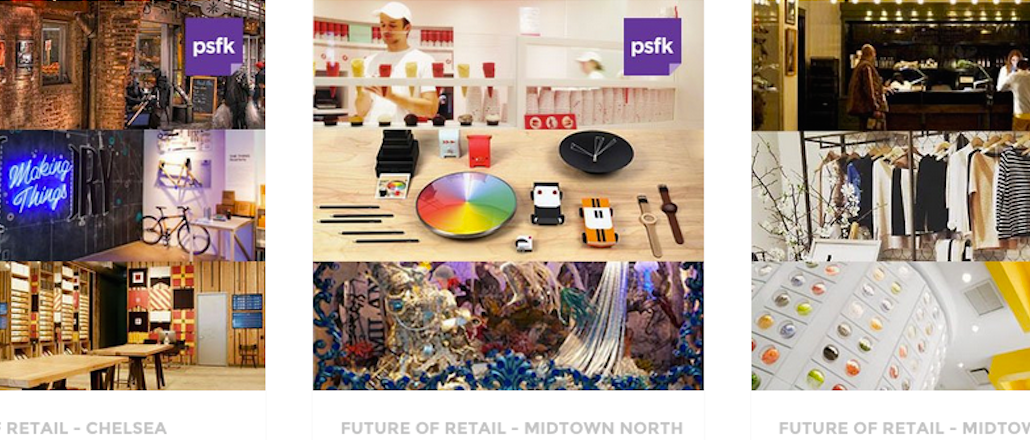
One of the biggest problems facing beacon companies is getting consumers to actually opt in to their services. To solve that, location-based messaging platform Phigital created an a la carte menu for beacons, letting users pick and choose what type of content they wish to receive from retailers.
“From a user experience, beacon messages are physical-world spam,” said Phigital co-founder and CEO Paul Cheng. “So we said, let’s do it from a consumer perspective. People should have a choice in what they’re receiving and know why they’re receiving it.”
Phigital’s approach has little to do with the physical beacon itself. Instead, the company works with beacon firms like Gimbal to help brands get the right messages to consumers at the right time. To do so, they created a more tangible beacon experience. Phigital’s platform shows consumers a preview of what they can expect from a retailer’s beacon-messaging program, and it allows them to opt in to the topics they’re interested in. The Phigital team believes people will be more likely to opt in if they’re more in control.
“It’s pull notifications, not push,” said Phigital co-founder and president Sam Cole. “That’s the big difference. People don’t feel like they’re being spammed because if they didn’t choose to receive a certain type of message, they won’t.”
In making beacon messaging more personal, Phigital also took on another one of retail’s challenges: So far, retailers haven’t been able to figure out how to identify, and reward, their loyal customers as they’re shopping in store.
“[This approach] can certainly help potentially identify you to a retailer,” said Jonathan Greene, vp and managing director at R/GA. “You are going to get messaging and content based on what’s been programmed according to your profile and location, and the trick will be the cadence and quality of the content.”
To let retailers recognize their customers, Phigital gamified the experience. Each Phigital customer has their own user ID associated with their name, so the retailer can recognize when they’re visiting, and upon multiple visits, they can unlock new beacon “experiences,” as Cole calls them. When Phigital worked with Ralph Lauren, the first experience included a welcome message recorded by the designer. After more visits, the customer’s ID will be recognized by Ralph Lauren’s system, and they’ll get a beacon experience that includes perks like faster checkout and event invitations.
“It’s the value beyond the discount,” said Cole. “Offers and incentives are used to help guide the consumer, but the suite does more — it allows for exclusive content as well as recognizing loyalty members.”
Currently, Phigital is partnered with three major distributors and six brands. As the company teams up with more retailers and companies in other industries, like hospitality, it faces the same challenge that all beacon platforms do. Once consumers get accustomed to the technology, they’re looking for a seamless experience. Otherwise, they’ll be quick to opt out.
“When something new gets introduced, like beacons have, the experience has to be really tightly integrated,” said Roy Bahat, head of Bloomberg Beta, which invested in Phigital. “The company can experiment with their audience, but it has to flow together. Otherwise, people won’t adopt.”
More in Marketing

Star power, AI jabs and Free Bird: Digiday’s guide to what was in and out at the Super Bowl
This year’s Big Game saw established brands lean heavily on star power, patriotic iconography and the occasional needle drop.

In Q1, marketers pivot to spending backed by AI and measurement
Q1 budget shifts reflect marketers’ growing focus on data, AI, measurement and where branding actually pays off.

GLP-1 draws pharma advertisers to double down on the Super Bowl
Could this be the last year Novo Nordisk, Boehringer Ingelheim, Hims & Hers, Novartis, Ro, and Lilly all run spots during the Big Game?





